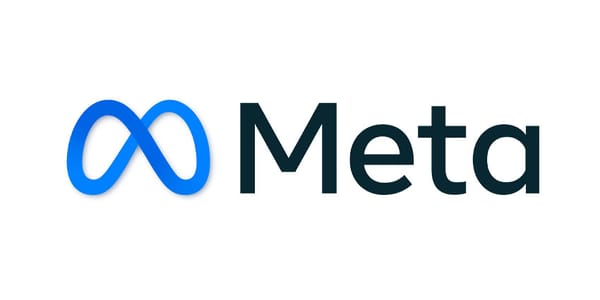Decentralized Autonomous Organizations (DAOs): A New Era of Organization
Decentralized Autonomous Organizations, DAOs, blockchain, smart contracts, cryptocurrency, Web3, governance, community

A Decentralized Autonomous Organization (DAO) is a community-led entity without a central governing body. It operates based on a set of rules encoded as smart contracts on a blockchain. Members of a DAO hold tokens that grant them voting rights on proposals, allowing for democratic decision-making.
How DAOs Work
DAOs leverage blockchain technology to create transparent and immutable records of all activities. Smart contracts automate the execution of agreements, ensuring that the DAO operates according to its predefined rules. Members can propose changes to the DAO's code through governance tokens, and these proposals are voted on by the community.
Benefits of DAOs
- Transparency: All DAO activities are recorded on a public blockchain, ensuring transparency and accountability.
- Democracy: Decisions are made collectively by token holders, promoting a democratic governance model.
- Efficiency: Smart contracts automate processes, reducing operational costs and increasing efficiency.
- Global Participation: DAOs can operate borderlessly, allowing for global participation.
- Innovation: DAOs foster a culture of innovation and experimentation due to their flexible structure.
Challenges and Considerations
- Security Risks: While blockchain is secure, vulnerabilities in smart contracts can lead to significant losses.
- Regulatory Uncertainty: The legal status of DAOs is still evolving, creating regulatory challenges.
- Scalability: DAOs may face scalability issues as they grow in size and complexity.
- Governance Challenges: Effective decision-making can be complex in large-scale DAOs.
The Future of DAOs
DAOs have the potential to revolutionize various industries, from finance and governance to art and gaming. As blockchain technology matures and regulatory frameworks develop, we can expect to see a proliferation of DAOs and innovative use cases.




